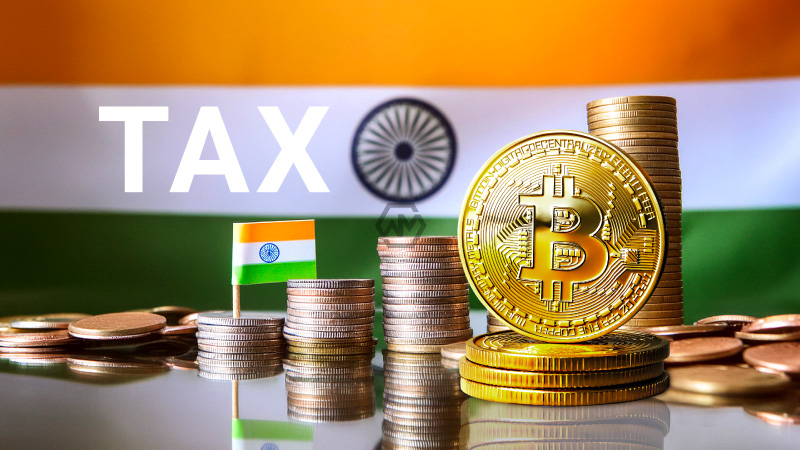- Indian tax officials intensify scrutiny on virtual digital asset (VDA) traders over undisclosed income.
- Authorities send notices and seize assets based on real-time data from exchanges.
- Regulatory crackdown aims to enforce KYC norms and close crypto tax loopholes.
India’s Income Tax Department has launched an aggressive campaign against individuals who failed to declare income from digital asset trading, leading to the seizure of approximately $327,000 in unpaid taxes.
The focus has shifted to high-risk individuals allegedly routing unreported income through crypto assets. Despite industry appeals for fair taxation—such as reducing the 1% TDS and allowing loss offsets—the Indian government remains firm in its stance.
Crypto Comes Under Fire: India Ramps Up Tax Enforcement on Digital Assets
The crackdown underscores India’s evolving strategy in regulating the crypto ecosystem, which until recently operated in a legal gray area. With mounting concerns over money laundering and illicit fund flows, agencies like the Central Board of Direct Taxes (CBDT) are leveraging digital footprints and transaction patterns to flag suspicious activity. A segment of traders has been categorized as “high-risk”, based on unreported asset movements.
Exchanges are also under increasing pressure to comply. Following the exit of OKX, a global crypto exchange, in 2024, Indian platforms are now aligning with stricter KYC and AML mandates. This transition has seen exchanges invest heavily in backend compliance systems and user verification procedures, transforming the operational landscape for VDAs in India.
While regulatory clarity remains limited, prominent crypto voices are calling for reform. Sumit Gupta, CEO of CoinDCX, advocates for proportional taxation and education, urging users to comply with reporting norms. His message highlights the tension between fostering innovation and meeting legal obligations—a critical balancing act for emerging economies like India.
Despite harsh tax rules—a flat 30% tax on gains and no offsetting of losses—the Indian crypto community sees potential. Analysts argue that robust oversight could eventually attract institutional investors, reduce fraud, and legitimize the sector. However, until reforms are enacted, India risks pushing talent and capital to more crypto-friendly jurisdictions.
India’s actions signal a clear message: crypto participation comes with accountability. As scrutiny intensifies, only transparent, compliant practices will thrive.
“With great power comes great responsibility.” – Voltaire
This resonates deeply in the crypto space, where financial freedom must be met with fiscal responsibility.



